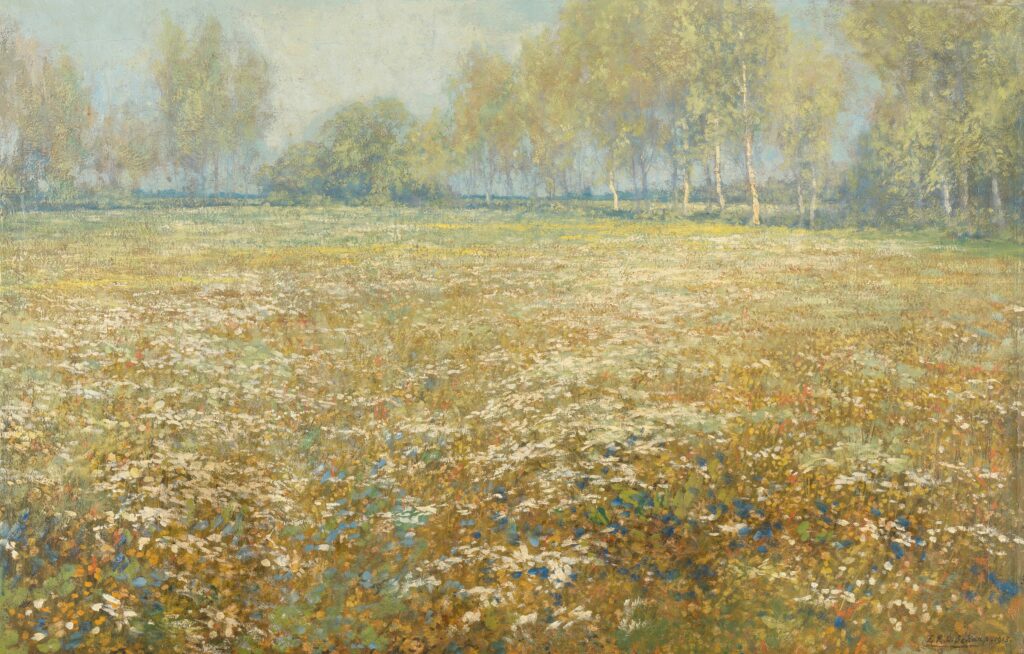by Elisa Redza

“What I need is the dandelion in the spring. The bright yellow that means rebirth instead of destruction. The promise that life can go on, no matter how bad our losses. That it can be good again.” — Suzanne Collins
How does one feel the change in the seasons? Or in the days, months, and years? I suppose the start of another year is the most definitive: fireworks in the middle of what would be a quiet night; cheering during the countdown; wishes from friends and family. The difference between days is more complex. The first few minutes past midnight are practically the same as the half-hour before. Alone in my room, how else would I tell the change in time if not with a clock? I long to watch the seasons change. The flowers on my balcony bloom all year round. The trees in my neighborhood never lose their green. Though, more than anything, I’d wish to feel spring in its entirety. Spring: a time of rebirth. Where we rekindle the flames that have dulled during winter. A time marked by rejuvenation and renewal. One of the few constants we are allowed in our lifetimes.
Through autumn and winter last year, I read The Memory Police by Yoko Ogawa—a great mistake on my part. Ogawa writes a quiet tragedy in this short novel centered around memory loss: its narrator living on an island where memories are lost as easily as items are misplaced, and nearly all hope of a future is lost. The narrator finds remnants of a richer time with her book editor, R: a man whose memories are safe from the disappearances. He reminds her of the simple happiness of things like candy and ferry tickets, yet despite this, her heart remains cold. She confesses that, “What’s gone is gone completely. I have no seeds inside me, waiting to sprout again. I have to make do with a hollow heart full of holes.” With every object that disappears and every memory that vanishes, she too starts to fade away. There will be no spring for her to enjoy.
Just like the protagonist, I kept waiting for the second that everything would change. That spring would finally come in all its blooming glory. Now, I realize how silly I was to assume anything that would change at all. A stranger may have let me get on the bus first, but another pushed me aside to get on the train instead. I’d share a laugh with a classmate, but we would head our separate ways as soon as we stepped out the door. The sunlight may have broken through the clouds after a storm, but I still had a two-hour commute ahead of me before I’d be home. And I’d wait most nights for inspiration, watching me through my window but never once choosing to enter.
Spring came, and where I expected ease, there was only the lingering bite of winter: remnants of a season empty and barren, and thawing with the frost, the courage to have hope in spite of it all. I will never have the moment, but that doesn’t mean I won’t have my spring regardless. I will find it there waiting for me when my heart is open and ready to indulge in the fleeting moments keeping it alive, day after day until summer arrives.
Maybe spring wasn’t the one leaving me behind all this while. Thank you, for waiting.